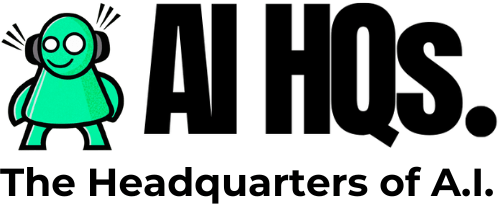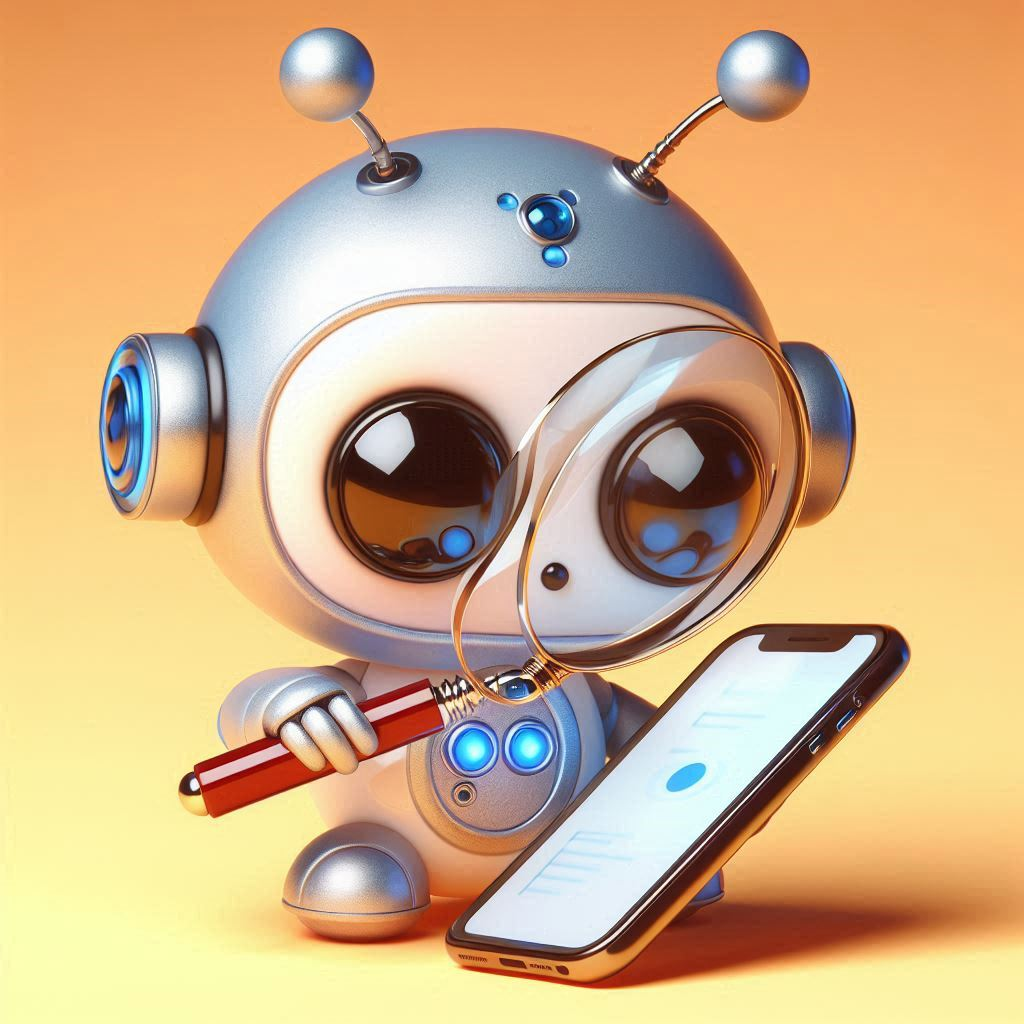OpenAI Revolutionises ChatGPT with Web Search Capabilities
In a groundbreaking development within the realm of artificial intelligence (AI), OpenAI has officially unveiled a new feature for its revolutionary platform, ChatGPT. With this novel addition, users are now equipped with the capability to perform web searches directly through the chatbot interface. This new functionality is poised to significantly alter how individuals interact with ChatGPT, providing a richer and more dynamic dialogue experience where information accessibility becomes seamless and immediate.

The introduction of a web search feature marks a pivotal shift for ChatGPT, which until now operated solely on pre-existing data and learned information. By integrating real-time web search capabilities, ChatGPT not only becomes more powerful but also significantly more versatile, allowing users to draw upon the vast repository of information available on the internet. This advancement in technology offers an enhanced user experience, presenting fresh opportunities for AI applications across various sectors, including education, business, and research. The ability to access up-to-date information during interactions means that users can now receive answers that reflect the most current knowledge base, addressing a common limitation in previous AI iterations that relied on static databases.
OpenAI, the masterminds behind ChatGPT, emphasise how this feature is designed to foster a new medium of interaction with information. According to the AI company, by coupling a web search engine with a conversational interface, users can now engage with information in unprecedented ways. This evolution is particularly aimed at creating more engaging and informative user experiences, whereby users not only seek information but also learn and understand more through interaction. This capability transforms AI from merely a provider of information to an interactive assistant that supports deeper understanding and learning. For example, a student researching a historical event can not only get factual data but also discuss interpretations and implications with ChatGPT, thereby enhancing their critical thinking without leaving the interface.
The Significance for Content Creators and Publishers
For content creators and publishers, this new feature serves as an exciting development as it offers another channel through which their materials can reach broader audiences. OpenAI has worked closely with major news outlets and publishers like the Associated Press, Condé Nast, and The Atlantic to gather insights and feedback regarding this feature. Such partnerships ensure that the feature not only meets the technical requirements but also aligns with industry standards and audience expectations. This collaboration is crucial in maintaining the integrity and relevance of content sourced by ChatGPT, thus providing a reliable tool for both consumption and dissemination of information.
Moreover, this advancement could potentially redefine the way digital content is monetised. If users increasingly turn to AI platforms for real-time information, there may be new opportunities for ad-driven revenue models and affiliate partnership programs. These could provide publishers with innovative ways of engaging with their audience, all while ensuring that the wealth of information remains accessible and of high quality. The integration of AI-driven search functionalities can help content providers tailor their material more intricately to the user’s needs, potentially increasing engagement and reach.
Enhancing Credibility and Trustworthiness
A critical element of this update is its ability to provide source links for the information consulted during searches, addressing a significant limitation of previous iterations of ChatGPT. Users often found it challenging to verify the information provided by the AI due to the absence of direct citations. With the new search functionality, users can connect directly to the original sources of information, thereby enhancing credibility and trustworthiness. This development is significant, as it assists users in cross-referencing data and ensures transparency, which is paramount in an age where misinformation can spread rapidly through digital means.
This development also holds educational implications; for example, students can be encouraged to engage critically with information, knowing they can trace facts back to their sources. This could help cultivate a more discerning approach to learning where verifying information becomes second nature, preparing users for a future where digital literacy is increasingly indispensable.
Phased Rollout for Controlled Access
Initially, this feature is available to a select group of users, including those with ChatGPT Plus and Team accounts, as well as individuals on the SearchGPT waitlist. OpenAI plans to slowly expand access to this feature on a rolling basis to all users, enabling broader accessibility over time. This phased rollout strategy ensures stability and usability, allowing OpenAI to effectively manage and refine the feature based on user feedback and technical adjustments. Such a methodical approach not only aids in identifying and resolving potential issues but also in crafting a robust platform that meets diverse user needs seamlessly.
Moreover, the gradual introduction allows OpenAI to observe and adapt to how different audiences use the feature, which could inform future AI training and development. Observing users’ search and interaction patterns can pave the way for personalised AI experiences, enhancing user satisfaction and system efficiency.
Positioning ChatGPT as a Digital Assistant Contender
The integration of web search functionality also positions ChatGPT as a formidable competitor in the digital assistant landscape. Platforms that offer both AI chat functionalities and integrated search capabilities usually gain a distinct edge as they simplify the process of finding and understanding complex information. It marks a strategic move by OpenAI in maintaining ChatGPT’s relevance and expanding its utility in an increasingly digital world. This feature not only positions ChatGPT in direct competition with established digital assistants but also solidifies its stance as a versatile tool capable of handling complex queries with ease and precision.
Furthermore, the ability to access real-time information could enhance personal productivity. Users can now rely on ChatGPT to provide immediate answers during tasks, potentially reducing the time spent searching for information and increasing efficiency across personal and professional spectrums.
The Promise and Challenges of Real-Time Data Integration
Many experts believe this development could be only the beginning of a series of transformative changes in AI applications. The continued convergence of AI and real-time data accessibility is likely to support further innovations that enhance personalisation, accuracy, and efficiency. In particular, sectors such as personalised education, real-time analytics for businesses, and intelligent virtual assistance stand to benefit immensely from such advancements. These fields are likely to see considerable disruptions, as AI tools provide tailored experiences and insights that were not possible through traditional methods.
However, this advancement does not come without challenges. There are ongoing discussions regarding the ethical implications of AI and real-time data integration. Concerns about data privacy, misinformation, and the potential for AI to perpetuate existing biases in information are prevalent. OpenAI’s strategy of involving major publications and adhering to established editorial standards is a noteworthy effort towards mitigating such risks. These steps are crucial in ensuring that as technology evolves, it does so responsibly, aligning with both societal norms and ethical guidelines.
Regulatory Considerations and the Need for Transparency
Moreover, as AI platforms continue to evolve, regulatory considerations and the need for transparent engagement become even more critical. This is particularly relevant as AI technologies like ChatGPT start to play more integral roles in information dissemination and consumption. The potential of misinformation and its impact on users’ perceptions underscores the importance of rigorous oversight and accountability. As such, collaboration between tech companies, regulators, and stakeholders is essential to developing comprehensive policies that govern AI deployment responsibly.
Furthermore, transparency is key to building trust with end-users. By understanding how AI makes decisions and where the information originates, users can confidently engage with AI platforms, enhancing acceptance and facilitating smoother technological transitions.
Conclusion and Future Prospects
In conclusion, the rollout of a web search feature for ChatGPT heralds a transformative phase for AI applications. By marrying conversational AI with comprehensive search capabilities, OpenAI is setting a benchmark for future developments in digital assistance technologies. For the end-users, this blend of chat-based interaction with research-grade search functionality promises a holistic experience that is informative, engaging, and remarkably efficient. This feature underscores the role of AI not just as a passive responder but as an active participant in problem-solving and idea exploration processes.
As OpenAI continues to innovate and enhance the capabilities of ChatGPT, it is crucial for stakeholders across industries to stay abreast of these changes. The potential of such technology—to reshape how we access, understand, and utilise information—fuels the promise of AI as not merely a tool but a facilitator of learning and growth. This transformative capability highlights the dynamic future of AI, paving the way for new methods of information interaction in personal and professional realms.
In this evolving landscape, the ongoing dialogue between technology developers, users, and policymakers remains vital. As we embrace these advancements, we are challenged to consider the broader implications of AI’s integration into everyday life, striving for a balance that maximises benefits while mitigating risks. The AI journey is just beginning, and its trajectory promises to be both exciting and challenging, shaping the future of how we interact with the digital world.
For all my daily news and tips on AI and emerging technologies at the intersection of humans, just sign up for my FREE newsletter at www.robotpigeon.beehiiv.com






